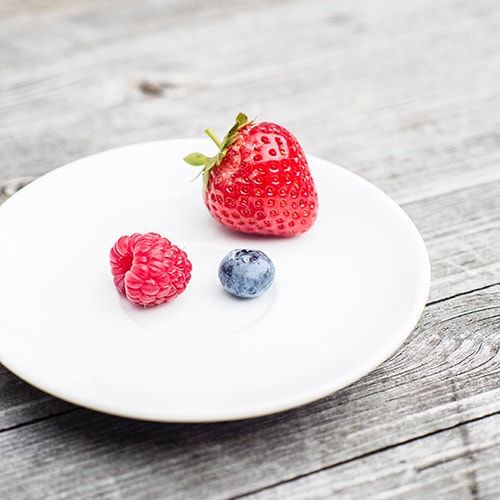

Plant-based meals have gained popularity not just as a dietary trend, but as a lifestyle shift toward better health and sustainability. Whether you're fully vegan or just aiming to eat more plants, incorporating plant-based meals into your diet can support overall wellness, reduce the risk of chronic diseases, and improve energy levels. It's about focusing on whole, minimally processed foods from the earth.
One of the biggest misconceptions about plant-based eating is that it lacks essential nutrients. In reality, a well-planned plant-based diet is rich in fiber, antioxidants, vitamins, and minerals. Foods like legumes, whole grains, nuts, seeds, fruits, and vegetables provide protein, iron, calcium, and healthy fats when combined thoughtfully.
Plant-based meals are naturally low in saturated fat and cholesterol, which makes them excellent for heart health. Many plant foods, such as leafy greens, berries, flaxseeds, and beans, contain anti-inflammatory properties that help lower blood pressure, improve circulation, and reduce the risk of cardiovascular disease.
You don’t need to be a gourmet chef to enjoy plant-based meals. Simple dishes like lentil soup, quinoa and veggie bowls, stir-fried tofu with broccoli, or chickpea salads can be made quickly and are both satisfying and nutritious. Batch-cooking beans or grains ahead of time can also make weekday meals fast and convenient.
The high fiber content in plant-based foods helps support a healthy gut, which is closely linked to immune function and overall health. Fermented plant foods like sauerkraut, kimchi, and miso are also great for gut health. When your digestion is functioning well, it improves nutrient absorption and boosts energy.
Choosing more plant-based meals is not only good for your health—it’s good for the environment too. Plant foods generally require fewer resources to produce and contribute less to greenhouse gas emissions. By eating more plants, you're making a positive impact on your body and the planet, one meal at a time.






